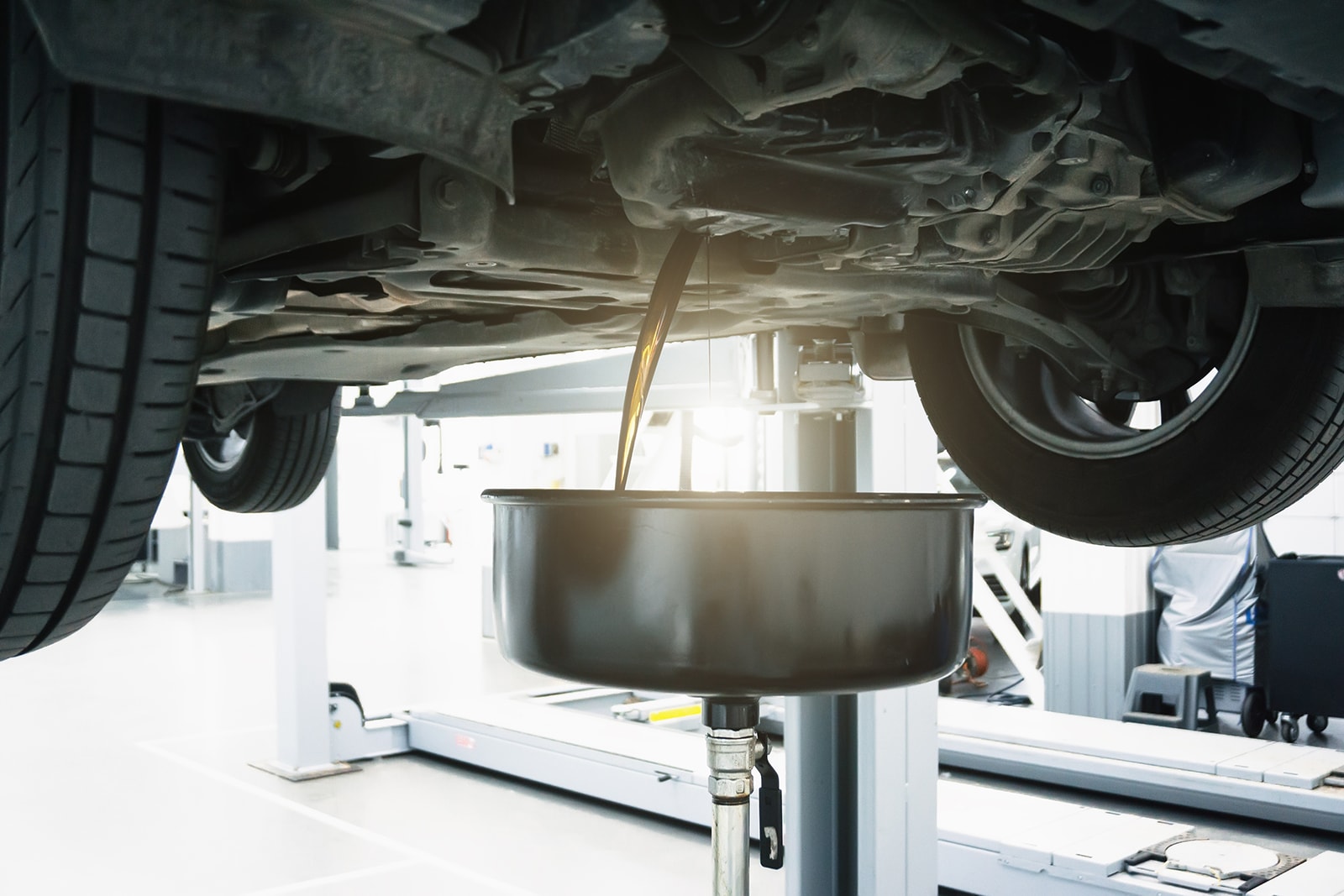

?Regular oil changes are one of the simplest and most important preventative maintenance tasks for your engine health. But do you know why? Let’s dive into how your engine works and why regular oil changes can help prolong the life of your car.
The Basics of Engine Lubrication
Your engine is made up of metal components that generate heat and friction when they move across each other repeatedly, like when you’re driving. Having a lubricating substance is vital to keeping those parts moving as they should and preventing them from coming into physical contact with each other. When metal parts of your engine do come in contact with each other, they can’t move as they should, which can be detrimental to your engine.
In addition to keeping everything moving as it should, your car’s engine lubrication system does the following:
- Reduces wear and tear on your engine
- Helps to cool hot engine parts
- Provides a cushioning effect against engine vibrations
- Cleans the engine
In short, your engine’s lubrication system is a vital part of ensuring your engine runs perfectly.
Oil Changes: The Impact on Engine Lifespan and Overall Performance
With this in mind, it’s easy to understand why oil changes are so important!
If the engine is the heart of your car, the oil is the lifeblood. The oil circulates through the engine, forming a barrier between the metal parts and preventing them from grinding together. Oil breaks down and becomes contaminated over time, so changing it every 5,000 to 7,500 miles is crucial to ensure your engine runs efficiently. Proper lubrication with clean oil also helps prevent rust and corrosion in your engine, prolonging the life of each part.
In addition to keeping the engine running smoothly, regular oil changes also maximize your fuel efficiency. When your engine’s components easily glide over each other, it doesn’t have to work as hard to function. This means it doesn’t have to use as much gas, which saves you money at the pump.
Scheduling and Performing Regular Oil Changes
Now that you know why oil changes are so important, let’s discuss when and how to change it.
The type of oil your car needs is specific to your engine. Where some cars need full synthetic oil, some need conventional oil and some need a blend. Using an oil that isn’t compatible with your engine can be detrimental, so you should always check your owner’s manual for the type of oil recommended by the manufacturer. Using the wrong type of oil can also void the warranty on your new car.
Most recently-manufactured cars require a synthetic blend or full synthetic, while older vehicles may take a blend or conventional motor oil. Again, always consult with trusted service technicians and/or your owner’s manual before changing oil to ensure you’re using the correct type for your vehicle.
When it comes to scheduling, the recommended oil change interval is every 5,000 to 7,500 miles. Cars with full synthetic oil may be able to go as much as 15,000 miles between services, but again, we recommend following manufacturer recommendations. Since modern cars can go longer between service appointments, it’s important to check your oil levels monthly and top it off when needed.
Newer vehicles may even have an oil-life monitoring system that determines when an oil change is needed, taking the guesswork out of scheduling an oil change. These systems take mileage and the engine’s performance into account when determining the need for an oil change.
Have More Questions About the Importance of Oil Changes? Contact Hoover CDJR Summerville Today!
Whether you’d like to learn more about oil changes or need to schedule oil change service, the team at Hoover Chrysler Dodge Jeep RAM is here to help! We provide RAM oil changes, as well as service on all makes and models. If you need an oil change in Summerville, SC, give us a call at 843-376-6588 or schedule an appointment online!
Proudly serving drivers in Charleston and the surrounding areas.